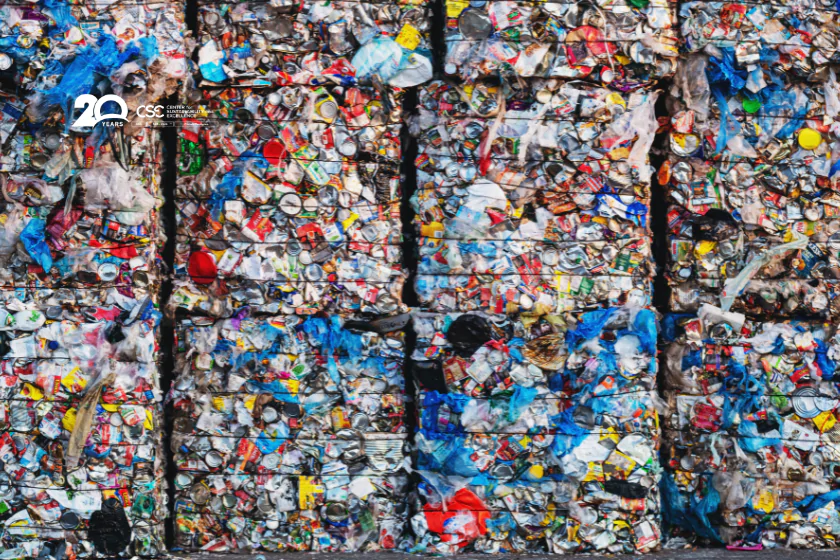Canada’s Plastic Ban has hit a legal roadblock. A federal court challenge now threatens to reshape how the country regulates plastics. As government bodies, industries, and sustainability professionals follow the case, one truth becomes clear. Navigating ESG (Environmental, Social, Governance) today requires more than ambition—it requires up-to-date knowledge.
The Legal Battle: Industry vs. Regulation
In 2022, Canada listed “plastic manufactured items” as toxic under the Canadian Environmental Protection Act (CEPA). This action paved the way to ban six types of single-use plastics. But the plastics industry pushed back. Companies like Dow Chemical and Imperial Oil, along with the Responsible Plastic Use Coalition, filed a lawsuit.
In November 2023, the Federal Court sided with the industry. It ruled that the toxic designation was too broad and unconstitutional. Still, the federal ban remains in place during the appeal process.
This legal tug-of-war has left many confused. Municipalities, retailers, and sustainability leaders now face a policy in flux. The Canadian Constitution Foundation added fuel to the fire, stating that Ottawa may have overstepped its jurisdiction.
ESG Lessons from Canada’s Plastic Ban for Sustainability Professionals
Though legal arguments focus on science and constitutional rights, the case raises bigger questions. How can professionals stay ahead in a shifting policy landscape?
This is where ESG training proves vital. A strong ESG course builds more than awareness. It trains professionals to manage risk, engage stakeholders, and spot legal red flags.
The Certified Sustainability (ESG) Practitioner Program, Leadership Edition 2025 is one such resource. Tailored for Canadian professionals, it dives deep into compliance, strategy, and policy forecasting.
A Real-Time ESG Case Study
Canada’s plastic ban fight is more than a courtroom drama. It’s a live case study in ESG complexity. The case shows the clash between national ambition and provincial rights. It also reveals tensions between science and business, between urgency and feasibility.
This issue is far from isolated. Plastic waste contributes to wider crises like deforestation, biodiversity loss, and climate change. A piecemeal policy response won’t solve the problem. What we need are legally sound, science-based strategies.
Sustainability leaders must read between the lines. They need to ask: Is our policy aligned with current law? Will it withstand scrutiny from courts, investors, or watchdogs?
ESG Training: Your Strategic Advantage
Solid ESG training gives professionals an edge. It helps them:
-
Understand how regulations evolve.
-
Flag risks tied to compliance or public backlash.
-
Align strategies with enforceable laws.
-
Work across departments to build informed, resilient plans.
The Canada plastic ban lawsuit is a wake-up call. Ambition is essential—but it must be matched with legal and regulatory skill.
What Lies Ahead?
Canada’s appeal may restore the federal ban. Or it may force the government to take a more specific, product-by-product approach. Meanwhile, provinces like Quebec and British Columbia continue to set their own rules. The regulatory patchwork grows more complex by the day.
For professionals, this means one thing: you can’t afford to guess. ESG decisions must be informed by both environmental insight and legal foresight.
Final Thought
If you’re in sustainability, now’s the time to sharpen your regulatory knowledge. The plastic ban case shows how fast the ground can shift. With the right ESG training, you’ll be ready for whatever comes next.
Want to future-proof your ESG strategy? Join the next Certified Sustainability (ESG) Practitioner Program in Canada







